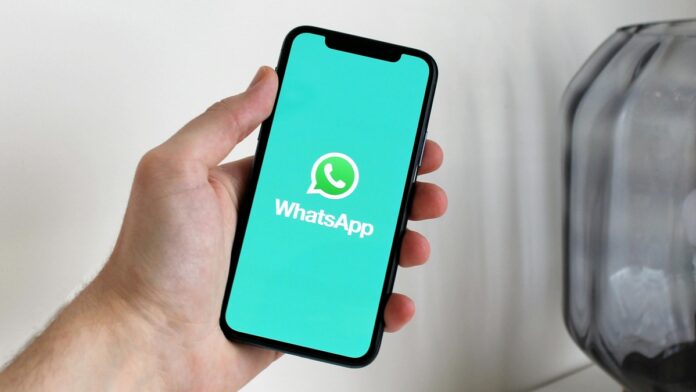WhatsApp, the popular instant messaging service, on Thursday, told the Delhi High Court that it would shut down operations in India if it is forced to break the message encryption system.
The Delhi High Court was hearing a plea filed by WhatsApp and its parent company Meta, which challenges Rule 4(2) of the Information Technology (Intermediary Guidelines and Digital Media Ethics Code) Rules, 2021 for significant social media intermediaries.
This rule mandates them to trace chats and identify the first originator of information if a judicial order is passed by a court or any competent authority.
“As a platform, we are saying, if we are told to break encryption, then WhatsApp goes,” advocate Tejas Karia, appearing for WhatsApp, told Acting Chief Justice Manmohan and Justice Manmeet Pritam Singh Arora, adding that the rule was introduced without consultation.
Karia emphasized that the platform’s commitment to user privacy and the end-to-end encryption of messages are the reasons crores of users subscribe to its robust services. As user privacy is a core value, end-to-end encryption is essential to maintaining it.
Complying with the newly amended IT Rules would weaken encryption and infringe on user privacy rights enshrined in Articles 14, 19, and 21 of the Indian Constitution, which protect individuals’ freedom and liberties. It would also require WhatsApp to store millions of messages for years, an obligation that does not exist anywhere else in the world.
“We will have to keep a complete chain and we don’t know which messages will be asked to be decrypted. It means millions and millions of messages will have to be stored for a number of years,” Karia said.
Additionally, Karia also highlighted that the parent Information Technology Act does not provide for the breaking of encryption.
When the bench questioned whether similar laws existed anywhere else in the world. “Have these matters been taken up anywhere in the world? You have never been asked to share the information anywhere in the world? Even in South America?” to which Karia replied, ” There is no such rule anywhere else in the world. No, not even in Brazil.”
Advocate Kirtiman Singh, representing the central government, defended the regulations, citing the importance of tracing message originators, especially given India is WhatsApp’s largest market with over 400 million users. He also argued that WhatsApp and Meta make money by using users’ data for commercial purposes and are not entitled to claim they protect user privacy.
“The idea behind the guidelines was to trace the originator of the messages,” said Kirtiman. He added that some mechanism for tracing messages is necessary, especially considering the challenges WhatsApp faced before the U.S. Congress.
The Delhi High Court acknowledged that privacy rights are not absolute and that “somewhere balance has to be done.” It has adjourned the case for further hearing on August 14.
Opposing the petition by WhatsApp against the newly amended IT Rules, the Ministry of Electronics and Information Technology (MeitY) argued that the company has already violated the fundamental rights of Indian users by refuting them any dispute resolution rights in the country.
The MeitY told the court that if the IT Rules 2021 are not implemented, law enforcement agencies would struggle to trace the origin of fake messages, and such messages would lead to the proliferation of such messages across other platforms, thereby potentially disturbing peace and harmony in society.
WhatsApp earlier said, “Requiring messaging apps to ‘trace’ chats is the equivalent of asking us to keep a fingerprint of every single message sent on WhatsApp, which would break end-to-end encryption and fundamentally undermines people’s right to privacy.”

